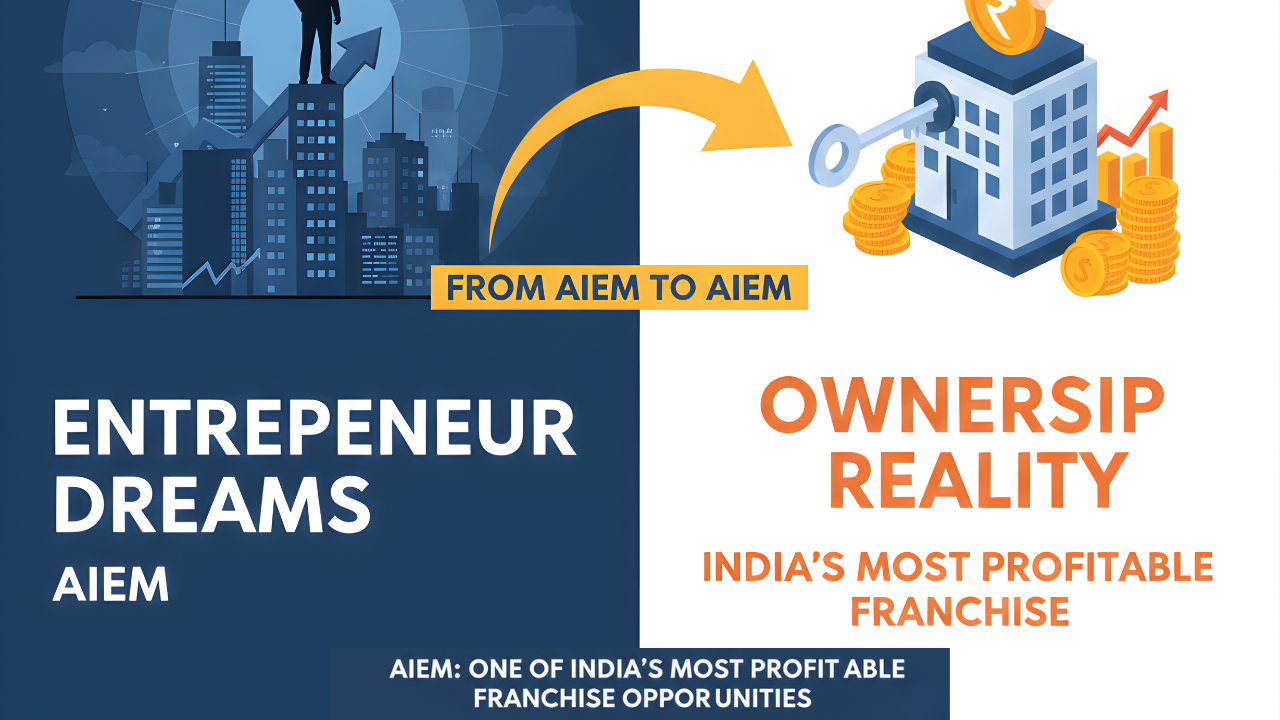
The Business Side of Events: Understanding Event Economics
June 18, 2024
Events require more strategic planning than just getting people together for a good time. The business and financial aspects can deeply shape an event's success.
Whether it's a music festival, corporate seminar, or a charity gala, organizers need to understand core economic drivers like budgeting, revenue streams, and ROI.
Let's understand some key aspects of event economics.
Budgeting for Success
Creating a detailed budget outlines all expected expenses and income sources. This helps planners thoughtfully allocate resources to priorities rather than overspending on non-essentials.
For example, consider costs like venue, catering, marketing, and staff.
Breaking these line items down provides visibility into where savings or investments may be needed.
A strategic budget also accounts for contingencies, reducing the risk of surprise costs.
Revenue Streams
Multiple revenue streams promote financial sustainability and flexibility. Relying solely on ticket sales is risky.
Exploring options like sponsorships, concessions, merchandising, and more creates backup income sources.
For instance, branded event apparel can drive significant additional revenue.
Diversified streams allow for fluctuations, too. If attendance is below expectations, other channels help hedge losses.
Sponsorship and Partnerships
Sponsorships provide essential event funding and resources through mutually beneficial partnerships.
Organizers collaborate with brands and organizations that align with the event's goals.
Sponsors gain visibility and exposure through brand placement opportunities. In return, they contribute financial support, products, services, and more.
Developing strong sponsor relationships can become long-term partnerships and add credibility.
For instance, a tech sponsor could provide a conference with both financing and technological assistance.
Pricing Strategy
A thoughtful pricing strategy aims to maximize revenue based on the event specifics.
Organizers should analyze factors such as the target audience, competitor event pricing, and the unique value being delivered to attendees.
Tiered pricing levels (early bird, general, VIP) help attract diverse guest demographics.
The pricing balance must cover costs while retaining perceived value. Getting this equation right takes research and testing.
Cost Control
Staying on budget requires vigilant cost management. Monitoring expenses and identifying potential savings opportunities helps avoid wasting resources.
Measures like negotiating vendor bulk rates, optimizing staffing, and streamlining decor can reduce variable costs without compromising quality.
For example, negotiating catering discounts for large conferences can create big food and beverage savings.
Keeping a close eye on the budget trajectory spotlights where cuts make sense.
Return on Investment (ROI)
ROI measures an event's profitability. It compares net profit to total expenses, calculated by ticket sales, sponsorships, and other direct revenue streams.
A positive ROI signifies a financially successful event, while a negative ROI means losing money.
Tracking metrics like attendance satisfaction, concession sales, and merchandising provides data to optimize future events.
Economic Impact
An event's economic ripples extend beyond the bottom line. Its influences on local businesses, jobs, and tourism matter, too.
Events attract out-of-town attendees who spend extra on hotels, restaurants, shopping, and attractions.
A major sports tournament, for example, may bring big revenue surges for local businesses.
Quantifying these impacts helps event organizers secure support from tourism boards and local governments.
Final Thoughts
Acing event finances is crucial for sustainable events. Budgeting, revenue management, and ROI analysis require hands-on learning.
Here at AIEM, our curriculum dives deep into the numbers behind events with real-world examples that equip students to excel on the business side. We teach the concepts and critical calculations to help manage finances and maximize economic contributions. Contact us to learn more about event economics in our event management programs.
RECENT POSTS
-

Low Budget Franchise Opportunity with High Profit in India
February 16, 2026
-

India’s Most Profitable Franchise Opportunity for Smart Investors
February 16, 2026
-

AIEM Education Franchise Investment: Low Risk, High Potential
February 7, 2026
-

A Profitable Education Franchise for Modern Entrepreneurs
February 7, 2026
-

From Entrepreneur Dreams to Ownership Reality – AIEM as One of India’s Most Profitable Franchise Opportunities
January 24, 2026